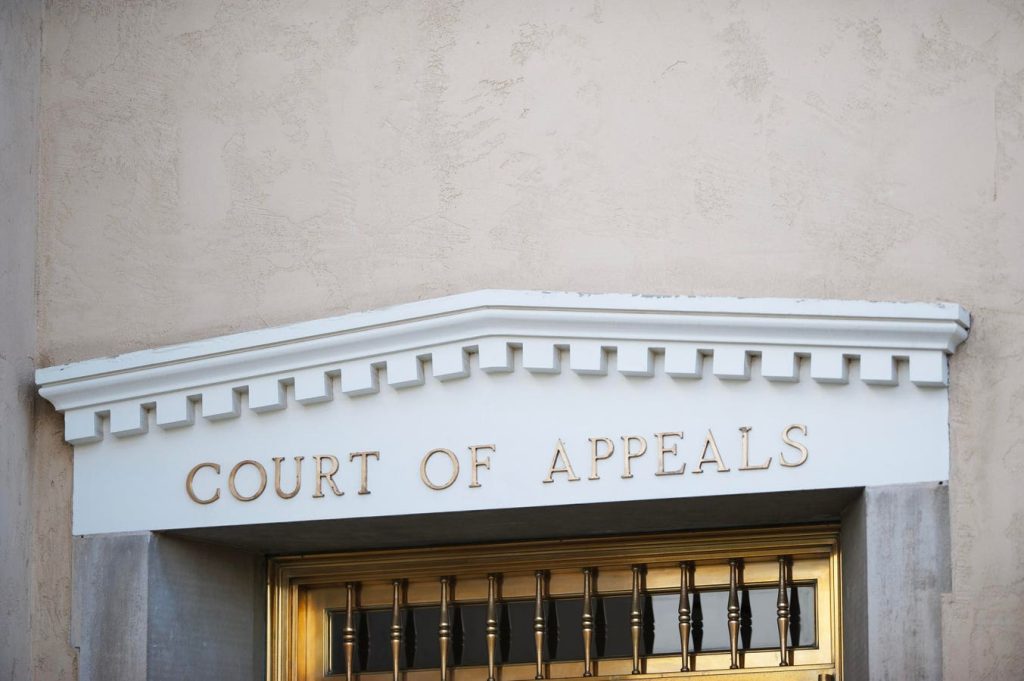Federal courts, including the U.S. Tax Court, are limited in the types of cases they can hear under the doctrine of mootness. This doctrine prohibits courts from issuing advisory opinions on litigation matters where there is no legally recognizable dispute amongst the parties. The Tax Court applied this doctrine in the case of Greene-Thapedi in 2006, where the IRS satisfied a taxpayer’s tax debts during the course of the litigation, leading to the dismissal of the case as moot. Since then, the Tax Court has consistently relied on this decision to dismiss Collection Due Process (CDP) cases, particularly when tax liabilities are satisfied later in the proceedings.
The CDP provisions, enacted in 1998, require the IRS to issue a notice to a taxpayer before proceeding with a levy against their property. The taxpayer has the opportunity to challenge the proposed levy through an administrative hearing with the IRS Appeals. If IRS Appeals upholds the levy action, the taxpayer can challenge this determination in the Tax Court. In Greene-Thapedi, the IRS applied an overpayment to the taxpayer’s tax debts, leading to the dismissal of the case as moot because the taxpayer no longer owed any taxes for the year in question.
In the case of Zuch, the IRS applied overpayments to a taxpayer’s tax liability during CDP proceedings, resulting in a significant balance owed by the taxpayer for 2010. Despite the IRS’ actions, the Third Circuit Court of Appeals found that the taxpayer’s case was not moot. The court distinguished between the terms “tax liability” and “unpaid tax” in the relevant code sections and determined that the taxpayer had lawfully challenged the amount of the tax liability before being issued a Notice of Deficiency. Therefore, the Tax Court had the authority to review her dispute under the CDP provisions.
The Third Circuit’s decision in Zuch provides guidance for taxpayers in the Third Circuit and may signal a need for the Tax Court to revisit its decision in Greene-Thapedi. Taxpayers in other circuits should also pay attention to how the Tax Court may interpret the mootness doctrine in light of this decision. The court’s analysis of the statutory terms and the taxpayer’s challenges to the tax liability highlight the importance of understanding the nuances of tax law and the potential impact on CDP cases.
Overall, the Zuch case underscores the complexity of tax disputes and the need for careful navigation of the legal framework governing CDP proceedings. Taxpayers facing levy actions from the IRS should be aware of their rights to challenge the proposed levies and seek recourse in the Tax Court if necessary. The Third Circuit’s decision in Zuch provides clarity on the application of the mootness doctrine in such cases and sets a precedent for future disputes in CDP proceedings.


